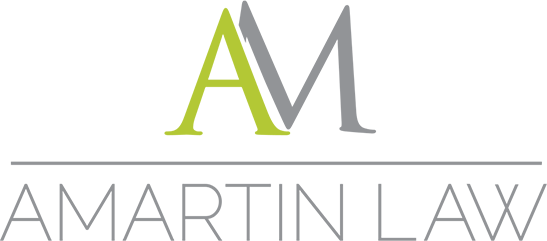In today’s modern business world, interns are becoming the contemporary equivalent of yesterday’s entry-level employees. The primary difference between the two is that, unlike entry-level employees, interns are often not paid for their work. Employers will categorize workers as “interns” to avoid paying wages. This goes against many federal and state wage and hour laws. When employers fail to pay interns, they effectively curtail employment opportunities, promote class division, and sustain the unemployment rate.
GUIDANCE FROM THE UNITED STATES DEPARTMENT OF LABOR
According to the United States Department of Labor, unpaid internships are only legal when they fall under the category of educational training programs.
This category refers to internships where interns do not perform productive work and employers do not benefit financially from the arrangement. In other words, if the interns did not perform their duties, would the employer need to hire additional employees or increase the existing staff’s workload to perform the interns’ duties? If “yes,” the interns are considered employees and should be paid for their work.
Even those who are interning for academic credit do not necessarily have to forfeit wages. When a school provides oversight and credit, an unpaid internship may be legal if it provides an educational environment, rather than a profit generating one. But if an unpaid intern, for example, is primarily assisting customers and performing clerical work, such as filing or data entry, the arrangement may be illegal because the employer is receiving an immediate business advantage.
HOW DO I GET BACK PAY FOR INTERNSHIP WORK?
Fortunately, unpaid interns have several options for collecting back pay:
- File a complaint with the Wage and Hour Division of the U.S. Department of Labor
- File a lawsuit in federal or state
- File a complaint through their state labor agency
FILE A CLAIM THROUGH THE U.S. LABOR DEPARTMENT
Interns may file a complaint with the Labor Department’s Wage and Hour Division. In most cases, the Labor Department will investigate the internship to determine whether violations occurred. They will examine the employer’s business, payroll and time records. They also will interview relevant employees, which may include managerial staff, general employees, former employees, and of course the intern who filed the complaint. In certain instances, the employer is not told that the investigation is underway, while in other instances they receive advance notice of the impending investigation. Those who are given advanced notice may settle with the intern to avoid dealing with the Labor Department.
If the investigator rules in favor of the intern, the Labor Department typically will tell the employer that the individual must be paid. This communication is often via a certified letter.
It is important to understand that an investigation may take a long time. So those who immediately need money should consider pursuing alternative income sources until the investigation is complete. Fortunately, the Labor Department frequently rules in interns’ favor.
Additionally, complaints are confidential. The Labor Department will not disclose the complaining interns’ identities, the nature of their complaints, or even the existence of the complaints. Of course this does not mean that the employer cannot figure out who complained to the Labor Department, particularly if there is only one unpaid intern at the company. But even if that happens, the law precludes employers from discriminating or retaliating against the interns for reporting wage and hour violations.
FILE A CLAIM THROUGH THE STATE LABOR AGENCY
Numerous states have their own wage and labor agencies to resolve wage disputes. State wage and hour laws are typically similar to the Federal Fair Labor Standards Act; but certain jurisdictions, like California, offer stronger worker protections. Other states, like Georgia, Alabama, and Florida, do not have their own wage and labor agencies, in which case one must file a complaint through the Labor Department.
COLLECTING OWED BACK PAYFROM FEDERAL AND STATE AGENCIES
After a federal or state investigation is complete, most employers will pay any owed wages to interns to avoid further issues with the Labor Department or state agencies. These agencies, however, usually are not obligated to force payment from an employer. So if the employers refuse to pay the wages and the agencies choose not to intervene, interns must file a lawsuit to obtain their owed wages.
FILE AN INDEPENDENT LAWSUIT
As previously mentioned, if other avenues of collecting money is futile, interns may sue for back wages under their state’s minimum wage laws or under the Fair Labor Standards Act. Because lawsuits can be time-consuming and expensive, it may not be the best option to pursue first. Plus, courts may take a much weaker stance than the Labor Department or state agencies on whether wages are owed.
If you feel that you are owed monetary compensation from an unpaid internship, you should pursue all available options.

